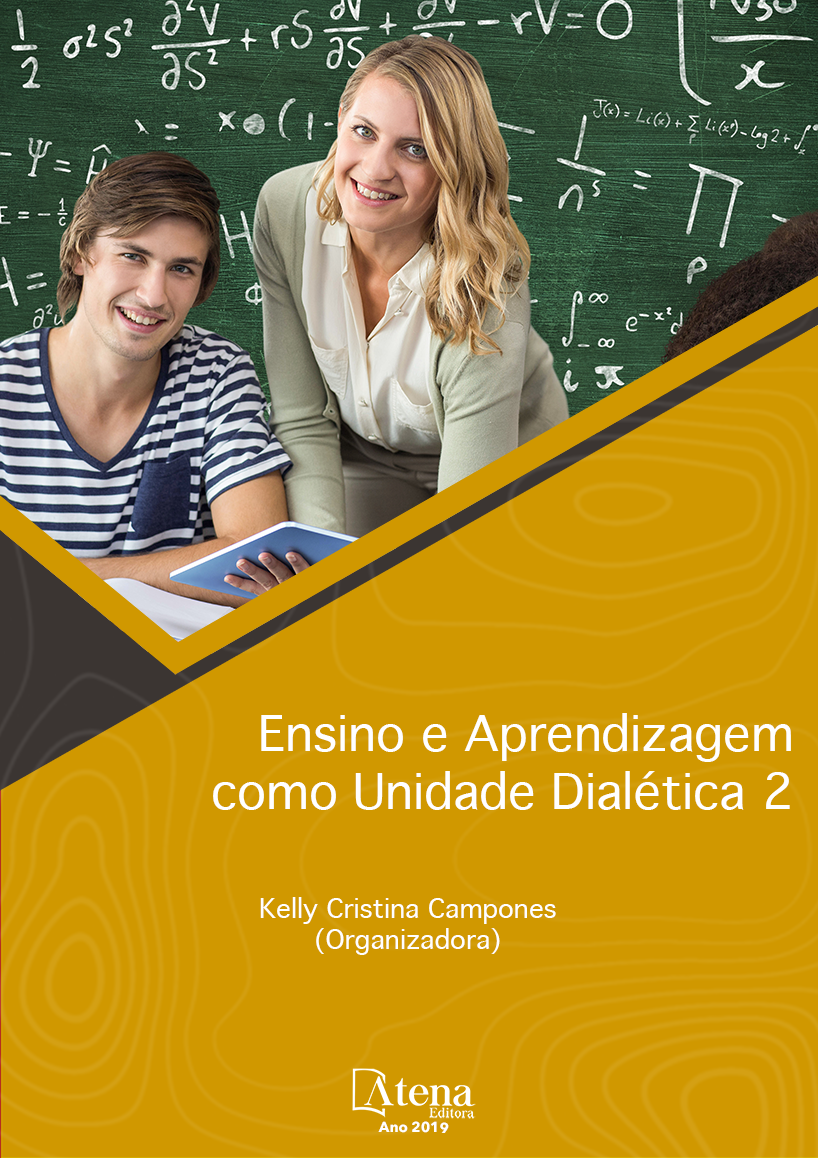
Modelo Dual de Educação: Caso Jaraguá do Sul
Este documento apresenta o modelo
de educação alemão Dual, sistema que expõe
o aluno a uma forma de ensino inovadora,
baseado na cooperação entre a instituição
de ensino (IE) e empresa. Nesse modelo de
ensino, o aluno desenvolve conhecimento
e habilidade por meio da união de teoria na
instituição de ensino e a exposição às práticas
na empresa. Esse modelo tem aderência em
muitos países devido à sua aproximação com a
realidade do mercado de trabalho. A exposição
às estruturas organizacionais, aos processos
e às novas tecnologias da empresa permite
ao aluno desenvolver conhecimento técnico e
habilidades de forma prática, agregando mais
valor ao ensino. Nesse contexto, o presente
artigo tem como objetivo apresentar uma análise
sobre os métodos de implantação e adaptação
do modelo Dual à realidade do Município de
Jaraguá do Sul, na região norte do Estado de
Santa Catarina, no Brasil. É apresentado um
estudo de caso envolvendo o curso técnico em
Metalurgia de uma instituição de ensino em
parceria com uma indústria de grande porte de
Jaraguá do Sul. Foram realizadas entrevistas
com os envolvidos das duas organizações,
além de análise documental, entre os anos
de 2016 e 2017. Como resultados, observouse
que o modelo Dual proporciona ao aluno
a oportunidade de estar em contato direto
com os processos e tecnologias mais atuais,
diferenciando-se dos modelos tradicionais de
ensino. Porém, para o sucesso do modelo,
constatou-se que é fundamental a abertura e a
atenção por parte da empresa.
Modelo Dual de Educação: Caso Jaraguá do Sul
-
DOI: 10.22533/at.ed.83219150718
-
Palavras-chave: Educação profissional; Sistema Dual; Inovação.
-
Keywords: Professional education; Dual Training; Innovation
-
Abstract:
This article presents the German
education model - DUAL -, a system that exposes
the student to an innovative methodology
based on cooperation between the educational
institution and the company. In this teaching
model, the student develops knowledge and
ability through the union of theory in the teaching
institution and exposure to practices in the
company. This model has adherence in many
countries due to its approximation with the reality
of the labor market. Customization is observed as a pillar of success of the model, each
step must be discussed between the school and company coordination teams, and
the union between this cluster is one of the fundamental factors for the success of the
activities. Exposure to the company's structures, technologies and new processes are
innovation in the model and add value to the student, the company and the school,
raising the technical knowledge, skills and knowledge of those involved. This article
aims to present an analysis of the implementation and customization methods of the
DUAL model, adapting the reality of the Northern region of Santa Catarina in Jaraguá
do Sul, in the technical course in Metallurgy, as well as the bibliographic review on
the subject. Used is the case study, combining analysis of qualitative interviews that
developed from data collected with those involved between 2016 and 2017. The results
point out the impact of the teaching model for companies, schools and students, as a
structure Rectified to the labor market.
-
Número de páginas: 15
- Geison Stein
- Fernando Luiz Freitas Filho
- Carlos Alberto Klimeck Gouvea
- Julio Perkowski Domingos


